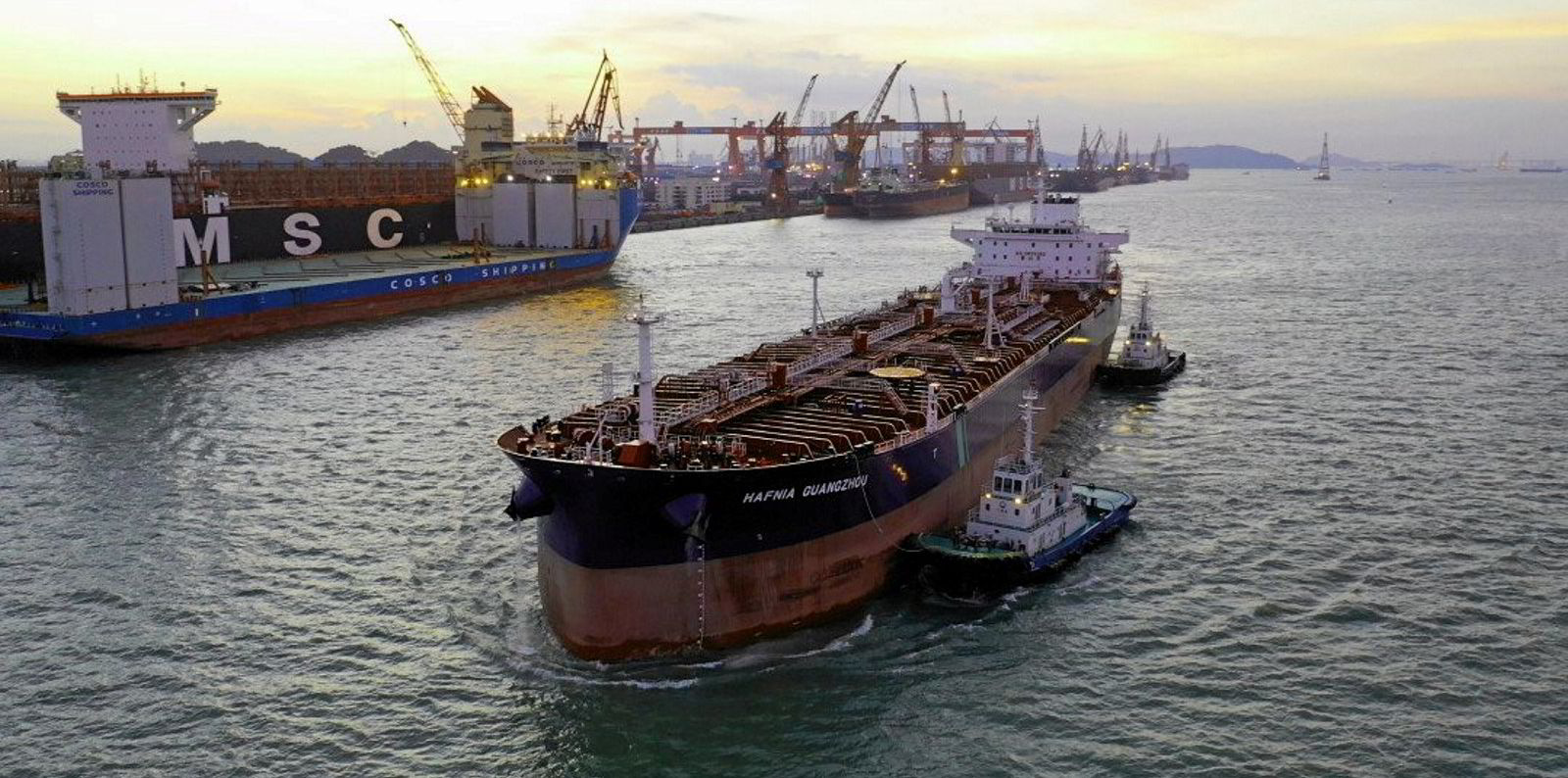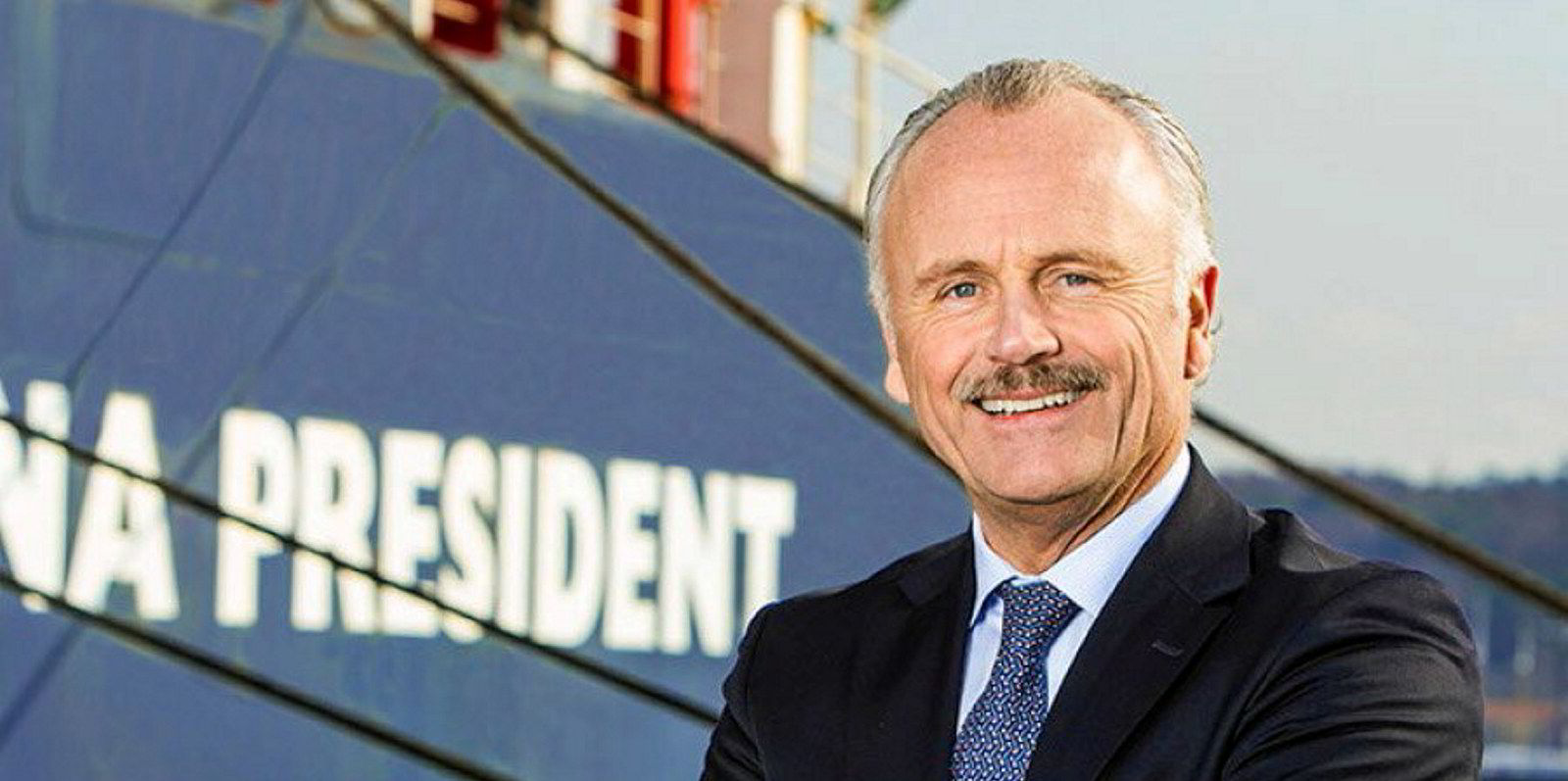Hafnia chief executive Mikael Skov has a positive message for beleaguered product carrier owners suffering in a dire market.
The Singapore-based shipowner's boss suggested they will benefit the most when tanker markets rebound.
"We anticipate product tankers to lead a tanker market recovery," the Singapore-based shipowner's boss told a conference call with analysts.
He outlined a number of reasons why fleet utilisation is expected to improve.
Hafnia expects economies to have recovered by the end of 2021, due to rising vaccination rates and the easing of social distancing measures.
The product carrier orderbook is very low at 7% of the operational fleet and there is an increasing demand for refined products, helped by a "dislocation" between refineries and consumers, the company said.
There has been a trend of refinery closures in Europe, the US and Australia, due to weak margins and overseas competition, Hafnia noted.
China and the Middle East have been leading the capacity expansion, however.
Hafnia said the refining activities are expected to cluster in regional hubs, with a boost in seaborne volumes and tonne-miles.
"The future remains volatile and uncertain but we believe we are well equipped to face it," Skov added.
More partnerships to come?

Hafnia has 184 ships under its commercial management, of which 98 are owned or chartered in.
During the second quarter, the company moved to expand the fleet through joint ventures.
Hafnia has formed a 50:50 operation with International Andromeda Shipping of Monaco to buy two new MR tankers ordered by its partner at Hyundai Mipo Dockyard in South Korea.
Skov revealed this company is called H&A Shipping.
One ship has already been delivered and the second, to be called PS Stars, will arrive in January 2022.
Call for consolidation
The joint venture with CSSC Shipping, called Vista Shipping, has also declared options for two more dual-fuel LR2 tankers for $59m each, bringing the orderbook to four vessels at Guangzhou Shipyard International.
The vessels, which will be able to run on LNG and conventional marine fuels, will be chartered out for five years to an oil major at attractive rates.
Skov said: "We believe further consolidation is needed within the product tanker sector."
"We'll continue to search for opportunities to fully unleash value and synergies from additional operational scale and to improve our overall competitiveness," he added.






